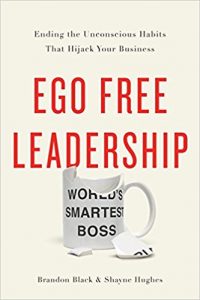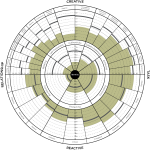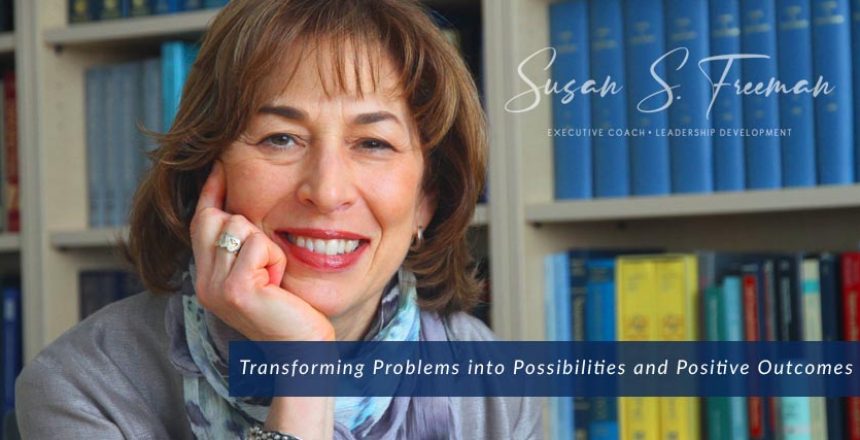 In the next two weeks, we’ll explore the cost of ego-driven leadership and the growth path to transform yourself and your organization.
In the next two weeks, we’ll explore the cost of ego-driven leadership and the growth path to transform yourself and your organization.
Recently I’ve been working with many clients to create high-performing leadership teams. I’ve observed the breakthroughs that happen when leaders develop awareness into how reactive habits can get in the way of effectiveness, impairing communication, relationships and joy.
Like it or not, ego is here to stay. We need ego to navigate through the world. The issue comes when ego becomes the driver, and we are hapless passengers, stuck in the perpetual cycle of trying to prove we are better, right, smart, etc. Our reactive tendencies are worsened when we experience stress in our bodies. We feel fear, and this sends the physiologic responses into high alert; we’ve entered “fight or flight.” Good things never happen in this state.
In a new book, “Ego Free Leadership,” by executive coach Shayne Hughes, president of Learning as Leadership and Brandon Black the retired CEO of Encore Capital Group. The book tracks Black’s journey from acknowledging to changing the destructive elements of his ego. Once he committed to change, the transformation began in his team and throughout the culture of the organization.
Leading Blog reports that “they begin by debunking the “ego is good” myth. Our egos limit us as we try to protect it in various ways. “Our ego can’t stand failure, incompetence, or weakness, so it avoids what is truly challenging us.
When we feel at the mercy of what is happening around us we react often distorting reality. “We read criticism, abandonment, judgment, competitiveness, and aggression into a situation where it may not exist.” We seek to fix what we believe is causing our distress resorting to learned behaviors that really don’t serve us well.
“Anytime we know intellectually what to do, but our actual behavior is inconsistent or in contradiction, it is a sign we are being short-circuited by our egosystem. These behavioral derailers come in many forms: conflict avoidance, procrastination, defensiveness, people pleasing, shutting down, being argumentative, just to name a few. Upon examination, these ingrained knee-jerk reactions invariably prove to be predictable and recurrent.” It’s not just the way we are, it’s the way we have learned to be. In order to defuse our reactive behaviors we need to identify the underlying triggers that created our behaviors in the first place.”
 In my work with clients, we use Leadership Circle 360’s to provide comprehensive assessment of “what is.” We get to see the creative strengths, as well as the reactive tendencies. When used in conjunction with individual coaching, clients begin to see how they are holding themselves back—usually unconsciously.
In my work with clients, we use Leadership Circle 360’s to provide comprehensive assessment of “what is.” We get to see the creative strengths, as well as the reactive tendencies. When used in conjunction with individual coaching, clients begin to see how they are holding themselves back—usually unconsciously.
Breakthroughs happen here.
Stay tuned for next week to learn more about how this can work for you. If you are interested in exploring further, I’d like to hear from you at susan@stepupleader.com

